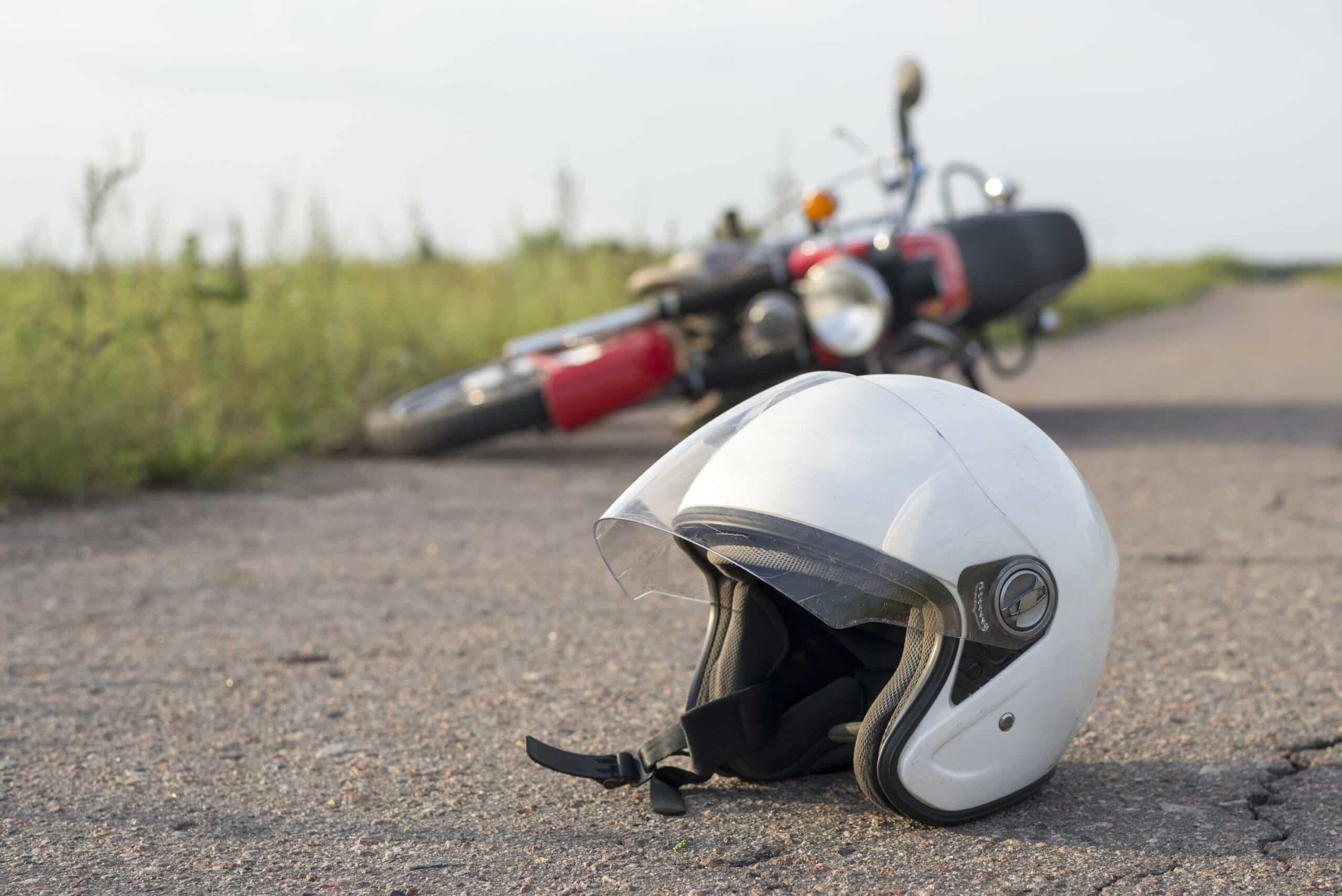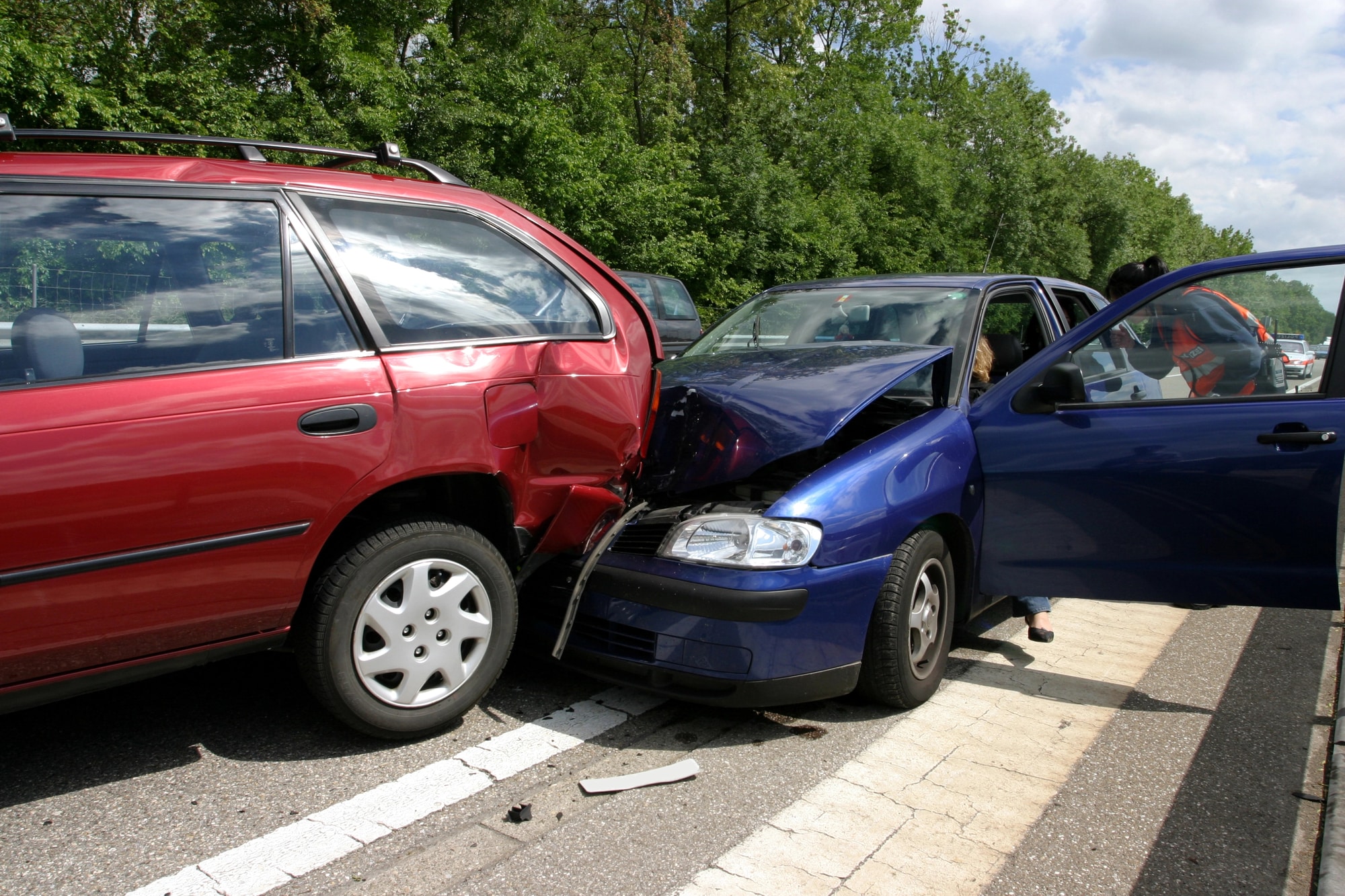How Do Helmet Laws and Motorcycle Accident Claims Intersect?
When a motorcycle accident occurs, every aspect of the incident, including helmet use, may be scrutinized and could potentially impact an injured rider’s ability to recover damages. Although a helmet is not legally required for most Indiana motorcyclists over the age of 18, individuals who ride without a helmet may still face bias or increased liability in the event of a crash. Given these challenges, it’s crucial for injured motorcyclists to consult with a trusted Indianapolis motorcycle accident attorney to ensure the best possible outcome in their case.
What Are Indiana’s Helmet Laws?
Indiana Code § 9-19-7-1 mandates that individuals under 18 years of age operating or riding a motorcycle on public roads must wear a helmet that meets the standards of the United States Department of Transportation (USDOT). Additionally, these young riders are required to wear protective eyewear, such as glasses, goggles, or a transparent face shield. It’s important to note that while the law is strict for minors, it does not require helmet use for motorcyclists over 18.
However, there are some exceptions to this age-based rule. Riders with a learner’s permit must wear a safety helmet regardless of their age. This provision ensures that inexperienced riders have an additional layer of protection during their learning phase. Once an adult meets all Indiana requirements for obtaining a motorcycle endorsement on their Indiana driver’s license, they can choose whether or not to wear a helmet.
What Are the Benefits of Wearing a Motorcycle Helmet?
Despite Indiana law not requiring helmet use for adult motorcyclists, the National Highway Traffic Safety Administration (NHTSA) strongly advocates for helmet use due to its life-saving potential. Motorcycles, by their very nature, offer less protection than enclosed vehicles. When motorcycle accidents do occur, the lack of roll bars, airbags, and other safety features commonly found in cars can put drivers and passengers at a high risk of severe and potentially life-altering injuries. In the worst cases, these injuries may prove fatal.
Without a helmet, riders can suffer significant damage to their head and neck in a crash, including:
- Traumatic brain injuries (TBIs)
- Skull fractures
- Head and face lacerations
- Eye injuries
- Tooth and jaw damage
- Neck injuries, including paralyzation
Why is it Vital to Understand the State’s Comparative Fault System?
Indiana follows a modified comparative fault system, which may substantially impact the outcome of motorcycle accident claims, especially when helmet use is a factor. Under this system, a plaintiff can only recover damages if they are found to be less than 51% at fault for the accident. If a plaintiff is determined to be 51% or more at fault, they are barred from recovering any compensation.
When a plaintiff is found to be partially at fault but below the 51% threshold, their compensation is reduced by their allotted percentage of fault. For example, if a motorcyclist is awarded $100,000 in damages but is found to be 20% at fault for the accident, their final compensation would be reduced to $80,000. Defendants and their insurers often attempt to attribute a larger proportion of fault to an injured rider to decrease their own liability for the crash and reduce or avoid a costly settlement. They may try to cite helmet non-use as a factor that increases a rider’s responsibility for their accident and subsequent injuries.
How Could Helmet Usage Affect a Settlement?
While not wearing a helmet doesn’t automatically disqualify a motorcyclist from seeking compensation after an accident, it may have effects on their claim. Insurance companies and courts may categorize the decision not to wear a helmet as a form of negligence, especially if the rider suffered head injuries that might have been prevented or mitigated by helmet use. They may attempt to use a rider’s lack of a helmet as grounds for denying a claim entirely or offering a significantly reduced settlement.
However, it’s crucial to understand that while not wearing a helmet may contribute to the severity of injuries in some cases, it doesn’t negate the responsibility of other parties who may have caused the accident to occur. Factors such as reckless driving, intoxication, distraction, or speeding by other motorists remain relevant to the claim, regardless of a motorcyclist’s helmet use. If you are struggling to recover fair compensation after a motorcycle accident due to not wearing a helmet, it’s vital to consult with an experienced personal injury attorney who can advocate for your rights and help you get justice for your injuries.
How Can Injured Riders Support Their Claims?
Strong evidence plays a crucial role in motorcycle accident cases, especially those involving disputes over helmet use and liability. Various types of evidence can be used to establish fault and contest unfair liability claims by insurance providers. Valuable supporting evidence may include:
- Police reports
- Eyewitness testimonies
- Photos and videos from the accident scene
- Medical records
- Expert witness testimonies
- Accident reconstruction reports
For instance, if a motorcyclist suffered injuries unrelated to head trauma, such as a broken leg, the fact that they weren’t wearing a helmet might be less relevant to their claim. In such cases, presenting clear medical evidence can help counter attempts by insurance companies to reduce compensation based on helmet non-use.
What Can an Experienced Motorcycle Accident Attorney Do For You?
While wearing a motorcycle helmet is strongly encouraged to protect your health and safety, the reality is that it is an adult rider’s choice whether or not to don a helmet in Indiana. Although a helmet may help decrease the likelihood of certain types of injuries, it can’t prevent an accident from occurring. Unfortunately, even the most careful and conscientious motorcyclist can be severely hurt if a negligent motorist or faulty equipment causes a crash.
If you or a loved one have been injured in a motorcycle crash, Wade Trial Lawyers will fight to make sure liability is fairly apportioned and those responsible for the accident are held accountable for their actions. We can evaluate the evidence in your case and present a clear, fact-based argument that focuses on the actual causes of the incident and the extent of your injuries to help you recover the full damages you are entitled to. To schedule a free consultation, contact our Indianapolis office today at 765-563-4644.




